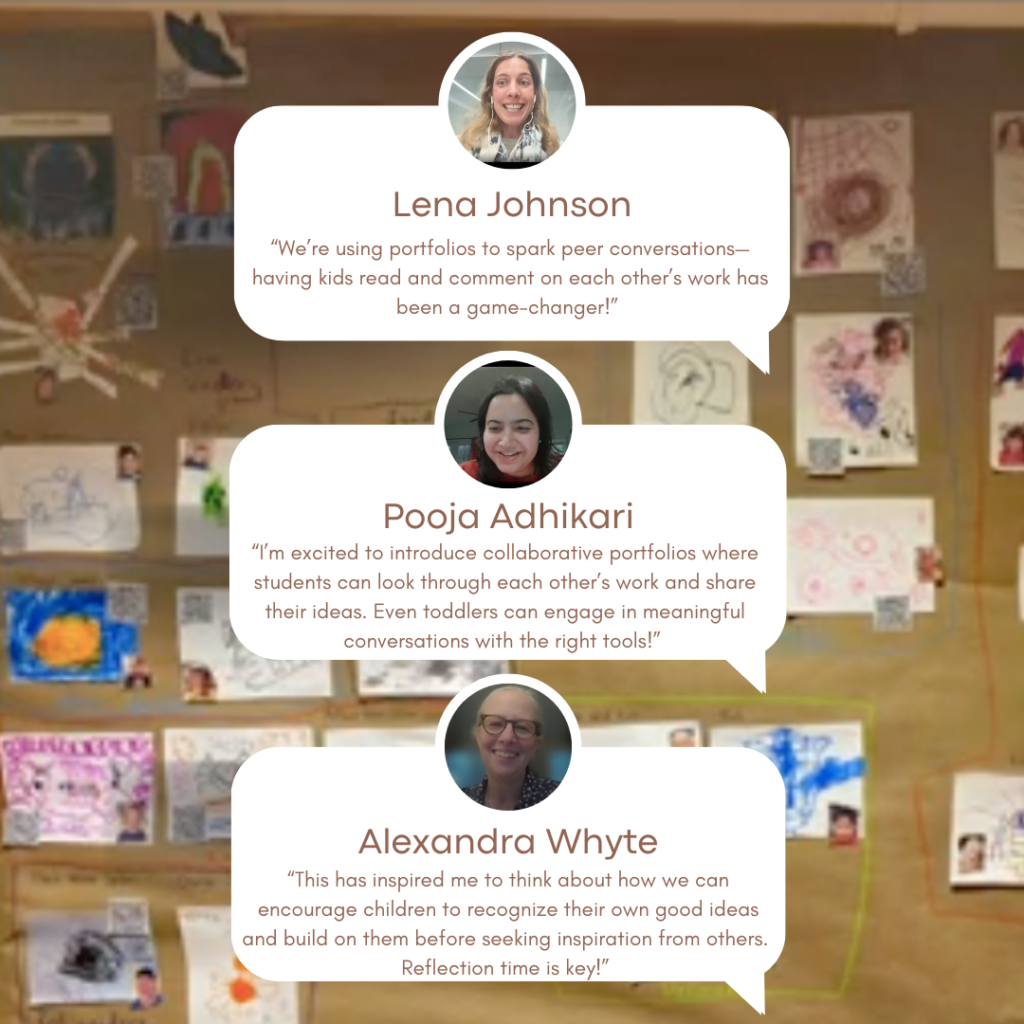An exploration by the Playful Schools Network
The Playful Schools Network, launched with the support of the LEGO Foundation in 2022 and relaunched in 2024 with the support of several DC Area Schools, is reshaping how educators think about teaching and learning. During a recent webinar, participants explored the transformative potential of playful learning, inspired by the practices of Reggio Emilia and Project Zero’s Pedagogy of Play. Central to the discussion was the concept of “good ideas from good ideas,” a playful approach that cultivates creativity, collaboration, and metacognition among students and teachers alike.

Ben Mardell shared a compelling example of this concept in action through a project he led in his studio at the Newtown School, where children explored the world of spiders. Over a week, small groups of students designed imaginary spiders through multiple drafts, each adding their own creativity to the process. Children drew inspiration from spider guidebooks, peer discussions, and a growing documentation panel that showcased the evolving ideas of all participants. As children contributed their unique spider creations—ranging from Sadie’s colorful, birthday-loving spider to Kathryn’s antique pollen yellow spider—the project became a living tapestry of collaboration.

This iterative process highlighted the children’s capacity for metacognition as they recognized how their own ideas developed and built on the work of others. Phrases like “I got a good idea from myself” emerged organically, signaling the children’s growing understanding of learning as a dynamic, interconnected process. By the end of the project, the documentation panel served not only as a showcase of creativity but also as a testament to the power of shared learning, inspiring the children to continue exploring and expanding their ideas.
The teachers participating in the webinar left energized, sharing creative ways they planned to adapt these concepts to their own settings. One educator noted the potential of collaborative storytelling: “My students love writing—why not create a collaborative piece where they take turns building off each other’s ideas?” Others shared ideas for using documentation panels or portfolios to encourage reflection, as seen in one teacher’s plan to display drafts of student artwork and invite peer feedback. Another teacher shared her excitement for “reframing copying as learning” by highlighting how ideas evolve in group projects. These conversations underscored the power of shared inspiration in sparking fresh approaches to teaching and learning.

Ultimately, the Network is about cultivating spaces where play and learning intersect, empowering educators to nurture curiosity and resilience in their students. By embracing playful learning, educators and learners alike can push the boundaries of possibility, opening new doors and expanding what’s possible.


